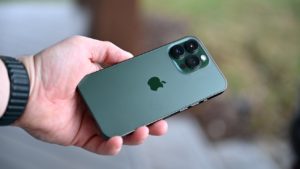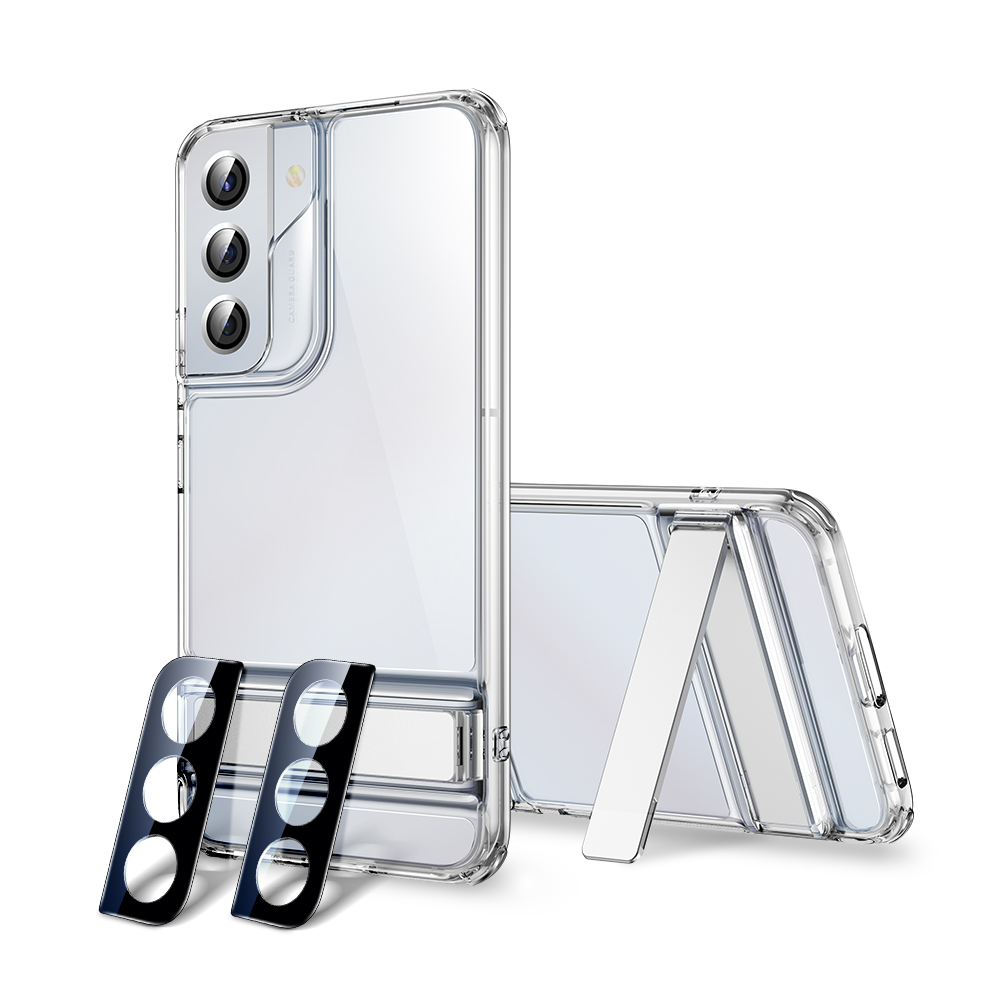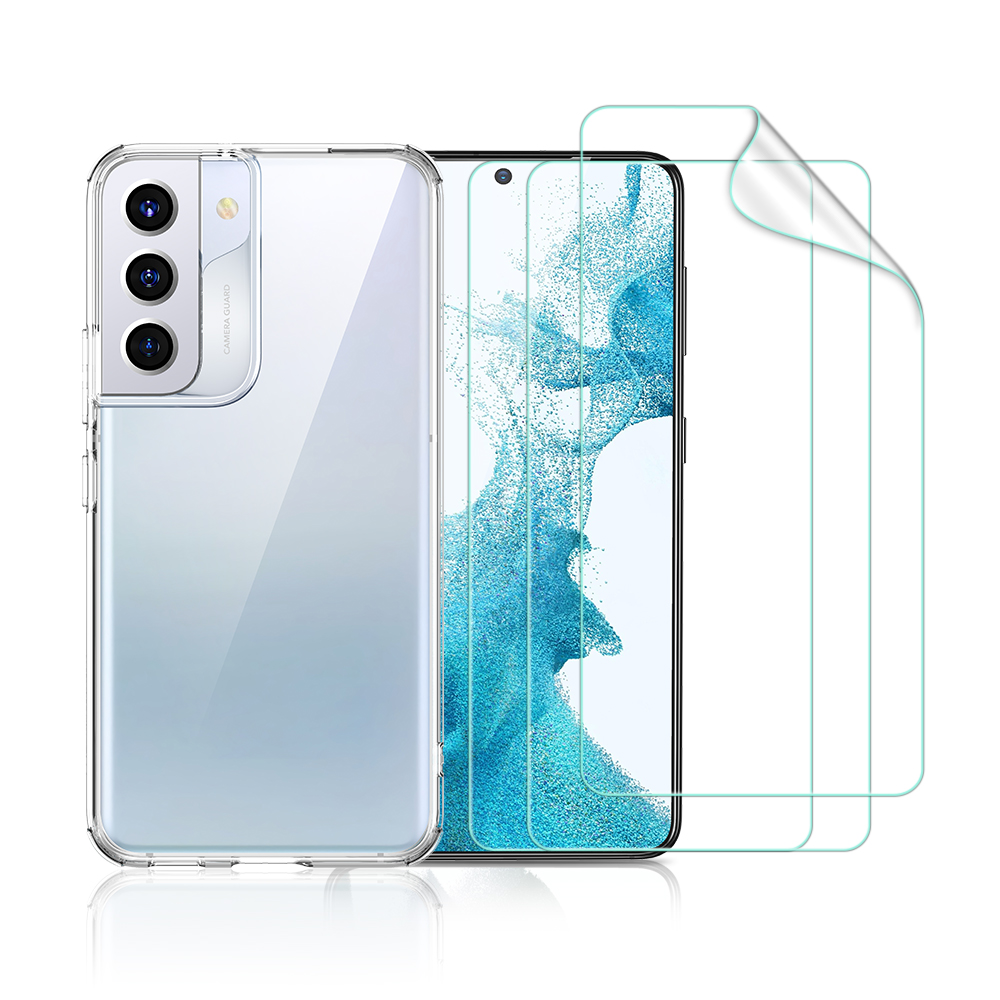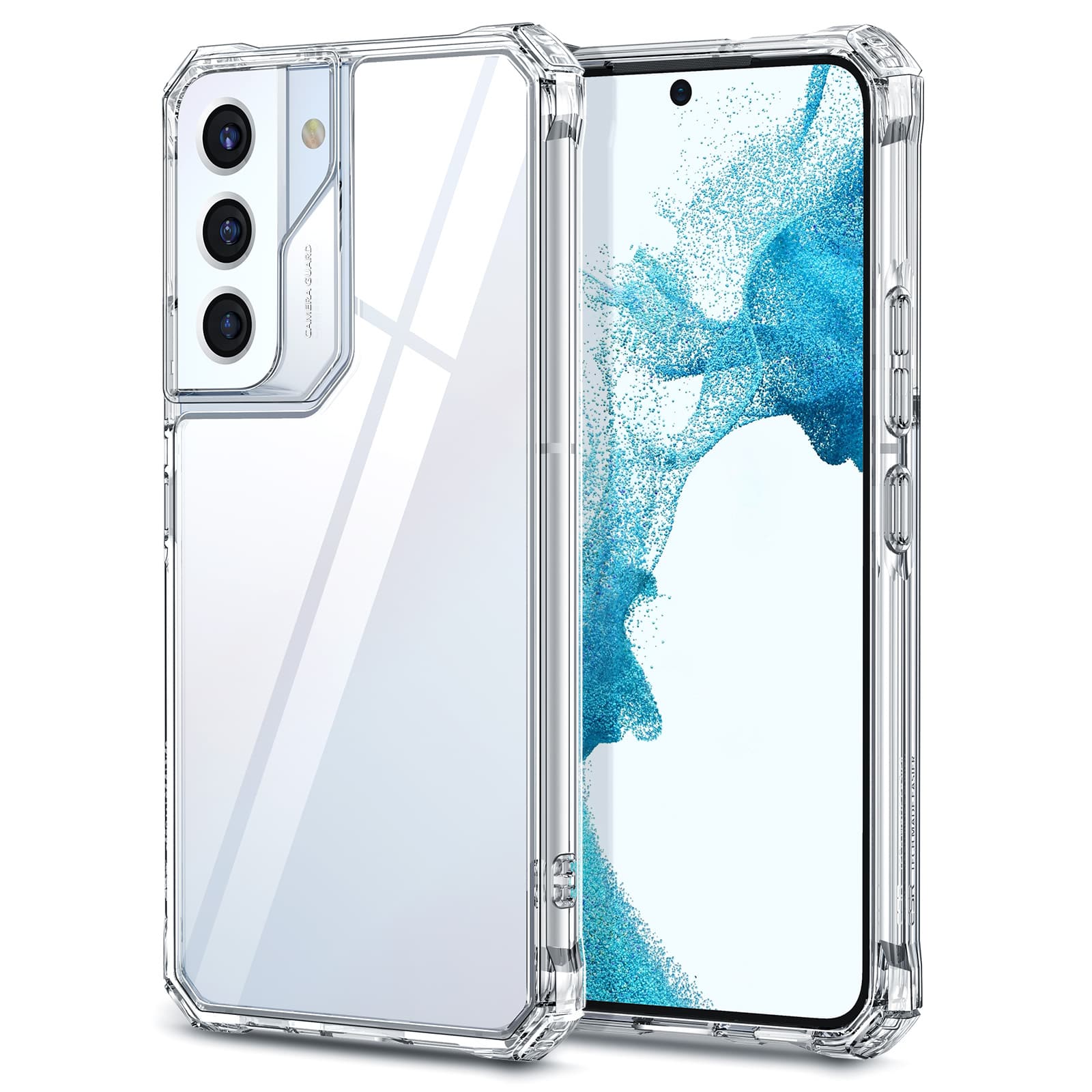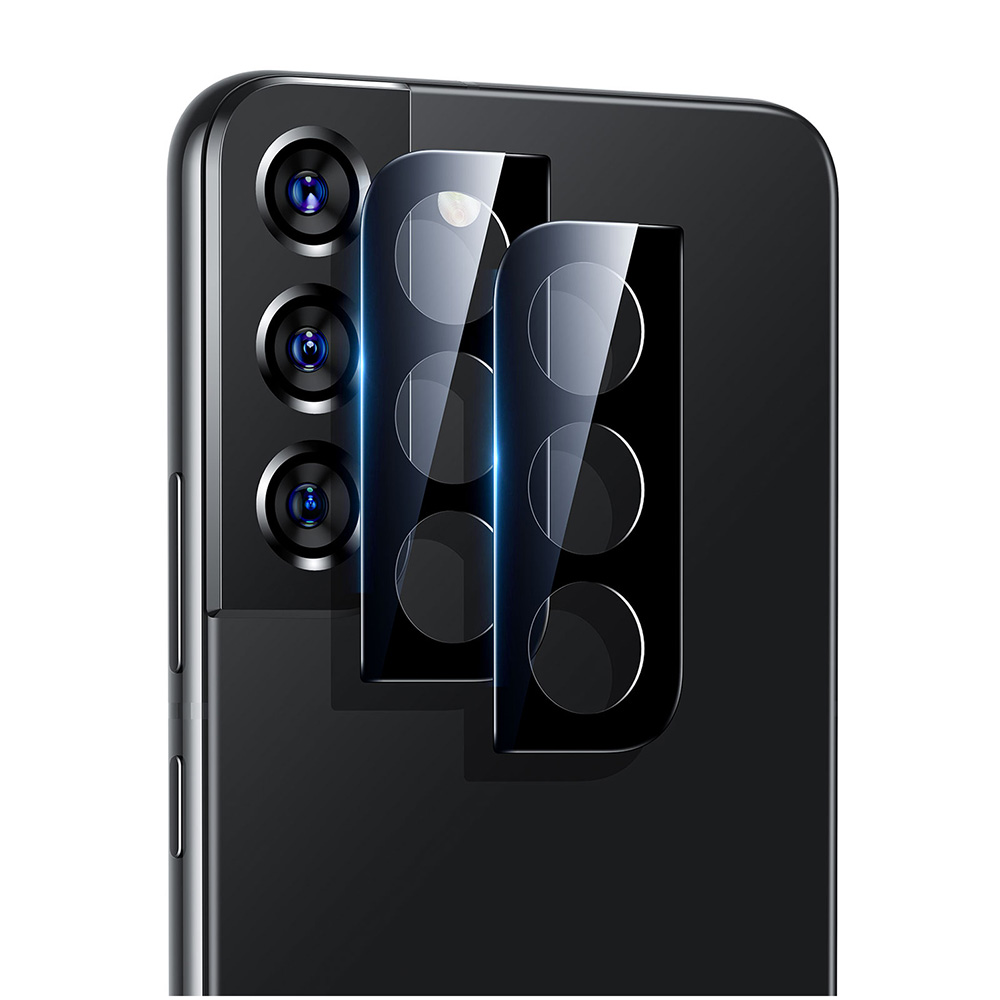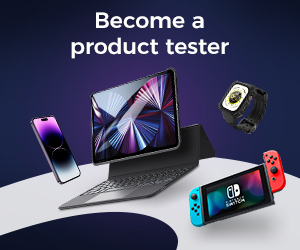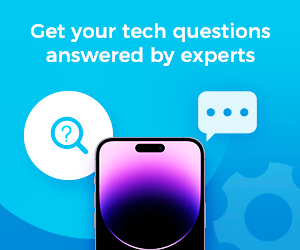Some people believe that the world is not a competition. But that may not be true for mobile brands in the market today, most especially Samsung’s Galaxy and Apple’s iPhone. As there are new releases, the lines get thinner between Samsung’s flagship smartphones and Apple’s. Quite a lot of people have seemingly preferred Apple to Samsung in terms of picture quality. However, as Samsung adds new and impressive features, they’ve got better camera sensors and advanced photo editing software for the Galaxy S22+. With this, the iPhone no longer wears the crown for better cameras overall. Nevertheless, Apple still has the better processor with the A15 bionic.
With the all-new, unique features of these Mobile phones, deciding which to go for could be confusing. But for that, we’re here to help. We will list out all the key differences to help you make informed choices.
Let’s start the comparison from without.
Outward Appearance
Looking from the outside, both smartphones come in different colors, sporting a modern, streamlined design. The iPhone 13 Pro has a CeramicShield glass screen which, to be honest, is more durable compared to the Gorilla Glass Victus+ of the Galaxy S22+. Unfortunately, the iPhone is more prone to scratches. Both phones are polished with pretty slick aluminum, which borders them. For this, the Samsung has the edge over the iPhone because the aluminum surrounds the rather delicate triple-lens camera of the Samsung Galaxy for extra protection. For a more beautiful appearance and extra protection, Samsung Galaxy S22 Plus Cases and Samsung Galaxy S22 Plus Camera Lens Protector are available. Apple’s iPhone is not left out as they have the iPhone 13 Pro Protective Cases and iPhone 13 Pro Camera Lens Protector.
Phone Size/Screen Resolution
For size, the Galaxy S22+ is a bit bigger than the iPhone 13 Pro, and with a bigger screen too. In addition to the screen size, it has a brightness that can go as high as 1,740 nits and is more vibrant. Although the iPhone does not match the Samsung in brightness, it has a higher screen resolution.
Performance
For performance, Samsung showcased a top-class, brand new eight-core, high-performance processor (Snapdragon 8 Gen 1) from Qualcomm built into the S22+. However, Qualcomm could not match the Apple silicon. By implication, Apple’s A15 bionic outrightly outperforms the Snapdragon 8 Gen 1, which makes the iPhone 13 Pro faster and better performing. The Samsung Galaxy comes with a bigger battery, while the iPhone, on the other hand, comes smaller with an excellent processor.
The iPhone 13 Pro offers 120Hz refresh rates capable of going as low as 10Hz to improve battery life. This implies that both the Samsung and iPhone models will be excellent for gaming. Nonetheless, Samsung Galaxy may still be preferable to gamers because of its larger size, brightness, and more vibrant display.
MagSafe vs. Reverse Charging
A significant addition to the iPhone 13 Pro is the MagSafe system which implies improved wireless charging and other cool accessories like magnetic mounts and wallets for convenience. In contrast, the Samsung Galaxy S22+ features reverse charging, a super cool feature that allows it to charge other gadgets like smartwatches and earbuds wirelessly.
Now let’s move on to the most popularly asked question:
Galaxy camera and iPhone camera which is better?
The Samsung Galaxy S22+ camera comes with more advanced editing features, better sensors, and improved night mode. Additionally, Samsung offers better zoom, up to 30x space zoom, which doubles the digital zoom provided by iPhone. The Samsung Galaxy creates more vivid and color-rich photos with new lovely photo editing features.
On the other hand, iPhone 13 Pro’s better processor and smart sensors also produce excellent computational photography. The iPhone’s sensors pull in more light for detailed photos, even in low light. Additionally, the iPhone 13 Pro now offers a macro lens that creates beautiful close-up shots.
Both the Samsung Galaxy S22+ and iPhone 13 Pro now offer a super cool auto-focus framing feature. This feature allows automatic switching of focus to the subject of your shot, which can be effective even when there are multiple people in the frame. But as a credit to the Galaxy, autofocus can be done in 8K, while the iPhone still maintains its shorts in 4K. So, for videographers, I think the Samsung Galaxy would be preferable. Their cameras basically leave you with two options: choosing between the macro shots or extra zoom. The iPhone features a macro lens, while the Samsung Galaxy has space zoom.
Key Features
| Galaxy S22+ | iPhone 13 Pro |
| Glass front and back (Gorilla Glass Victus+), aluminum frame | Ceramic Shield front + Glass back and stainless steel frame |
| Adaptive 120Hz refresh rate and 6.6-inch AMOLED 2X display | 120Hz refresh rate and 6.1‑inch OLED display |
| Snapdragon 8 Gen 1 Processor | A15 Bionic processor |
| Triple lens (50MP Wide, 12MP Ultra Wide, 10MP Tele 3x Optical Zoom, 10MP front) | Triple lens (12MP wide and 12MP ultra-wide rear, 12MP TrueDepth front) |
| 128GB, 256GB + 8GB RAM Storage | 128GB, 256GB, 512GB, 1TB + 6GB RAM storage |
| 4,500mAh, Fast charging (Charger sold separately), Qi wireless charging | 3,095mAh, Fast charging (20W charger sold separately), Qi wireless charging |
| Software version: Android 12 | Software version: iOS 15 |
| IP68 rating | IP68 rating |
| Phantom White, Phantom Black, Green, Pink Gold | Silver, Graphite, Gold, Sierra Blue |
Save 50% OFF Galaxy S22 Accessories with code: GALAXY50
Conclusion
Frankly speaking, neither of the phones can be condemned as poor. Saying one is better than the other could be a little out of place; they have some similarities as well as differences, and they’re both top-of-the-line phones in terms of performance, display, and camera quality.
Other unique features are a matter of preference. For instance, if you are a gamer who prefers a larger screen smartphone, the Samsung Galaxy S22+ could be your take because it is significantly larger than the iPhone 13 Pro and with a much bigger screen. But if you work with large files, videos, and images, you may prefer the iPhone because it has larger storage capabilities. Regarding performance, they both have high refresh rates and good processors and will perform beautifully for gaming or heavy-duty apps. However, the iPhone has an edge when it comes to processing speed.

